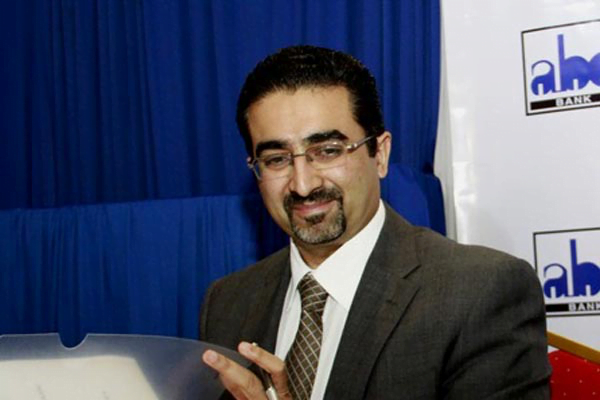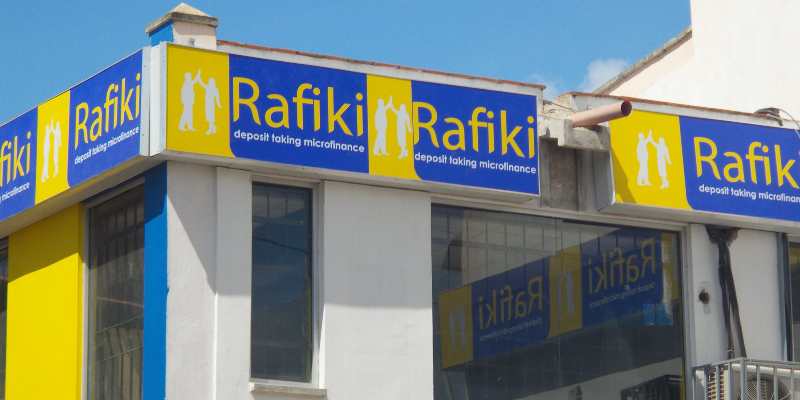Credit Bank, a mid-tier lender in Kenya’s financial ecosystem, is facing a critical moment of reckoning as it struggles to meet newly enforced capital requirements set by the Central Bank of Kenya (CBK).
The situation, compounded by internal leadership tensions and increasing regulatory pressure, threatens to destabilize the institution and potentially force it into a merger or worse.

The financial sector in Kenya is undergoing a significant transformation following the enactment of a new law signed by President William Ruto in late 2024.
The legislation mandates that all banks raise their core capital from the current Ksh 1 billion to Ksh 10 billion by the year 2029, with a key interim benchmark of Ksh 3 billion due by the end of 2025.
This aggressive capital overhaul is part of a broader regulatory move aimed at strengthening the banking sector’s ability to absorb shocks and safeguard depositor funds.
Credit Bank, however, finds itself among the banks falling short of the required capital thresholds. Despite its longstanding presence in the market and previous reputation for resilience, the lender is reportedly well below the current Ksh 3 billion benchmark.
This has placed the institution under heightened scrutiny from the CBK, which is closely monitoring vulnerable banks in an effort to preempt potential systemic failures similar to those seen with Imperial Bank and Chase Bank in previous years.
Internally, the situation at Credit Bank is increasingly precarious.
The leadership of CEO Betty Korir, a veteran banker with over two decades of experience and significant accolades to her name, is under pressure.
Reports indicate that members of the bank’s board are dissatisfied with her management of the capital crisis, raising concerns over the bank’s loan book and risk exposure.
A significant portion of the scrutiny stems from a spike in unsecured, high-risk loans issued under her tenure. These loans, critics argue, were granted with insufficient oversight and have since become a major contributor to the bank’s growing portfolio of non-performing loans.
While there have been no formal investigations announced, internal speculation suggests that some of the lending decisions may have been influenced by personal interests, further undermining trust in the leadership at a time when confidence is most critical.
Efforts to stabilize the bank are ongoing. Executives are reportedly pursuing multiple strategies, including rights issues, equity sales, and outreach to potential investors.
However, appetite for such risk-heavy ventures remains weak, particularly as larger banks have already absorbed much of the available investment capital.
The broader economic climate, coupled with regulatory uncertainty, has left institutions like Credit Bank with fewer options for recovery.
The looming risk of collapse, or at the very least forced restructuring, is becoming increasingly real.
Should the bank fail to meet the capital requirements in time, CBK may be compelled to act decisively, either through forced mergers, administrative sanctions, or by placing the bank under receivership.
This crisis at Credit Bank is reflective of a larger upheaval within Kenya’s banking sector.
With the CBK lifting its moratorium on new banking licenses and pushing for industry consolidation, smaller banks that cannot quickly adapt or raise capital are being squeezed out of the market.
The message from the regulatory authorities is clear.
Only well-capitalized and well-governed institutions will be allowed to survive.
As deadlines approach and pressure mounts, the future of Credit Bank now hangs in the balance.
Its ability to navigate the capital demands, address internal governance issues, and restore market confidence will determine whether it emerges stronger or becomes another cautionary tale in Kenya’s turbulent financial history.











































